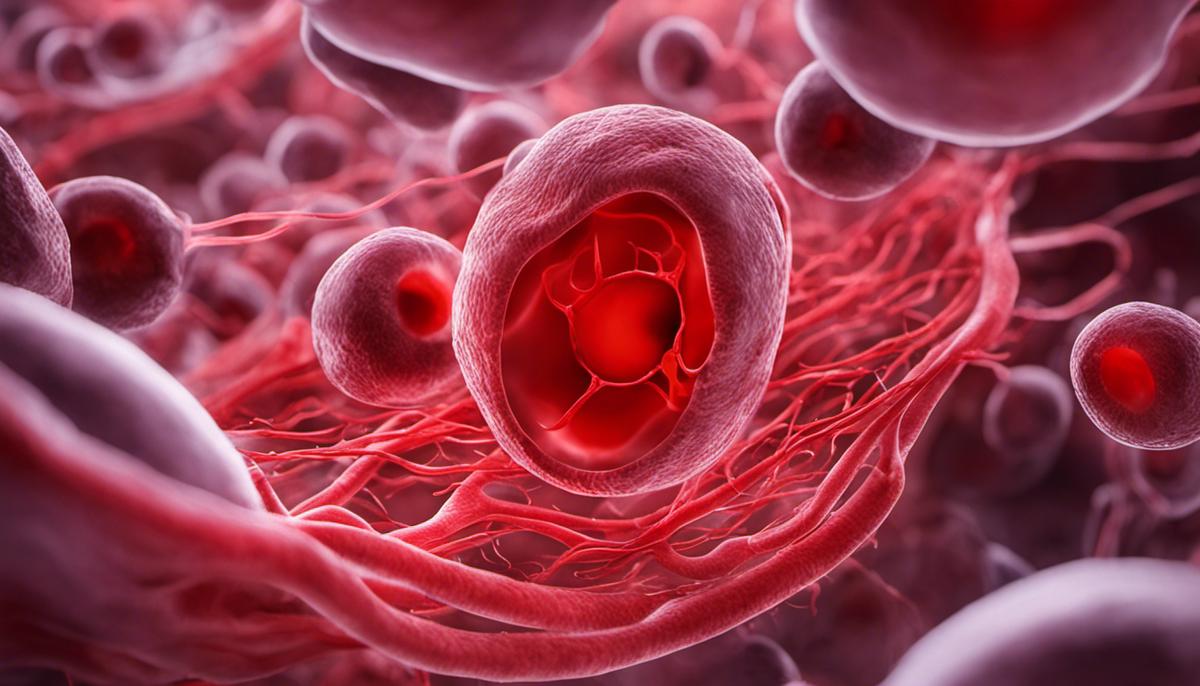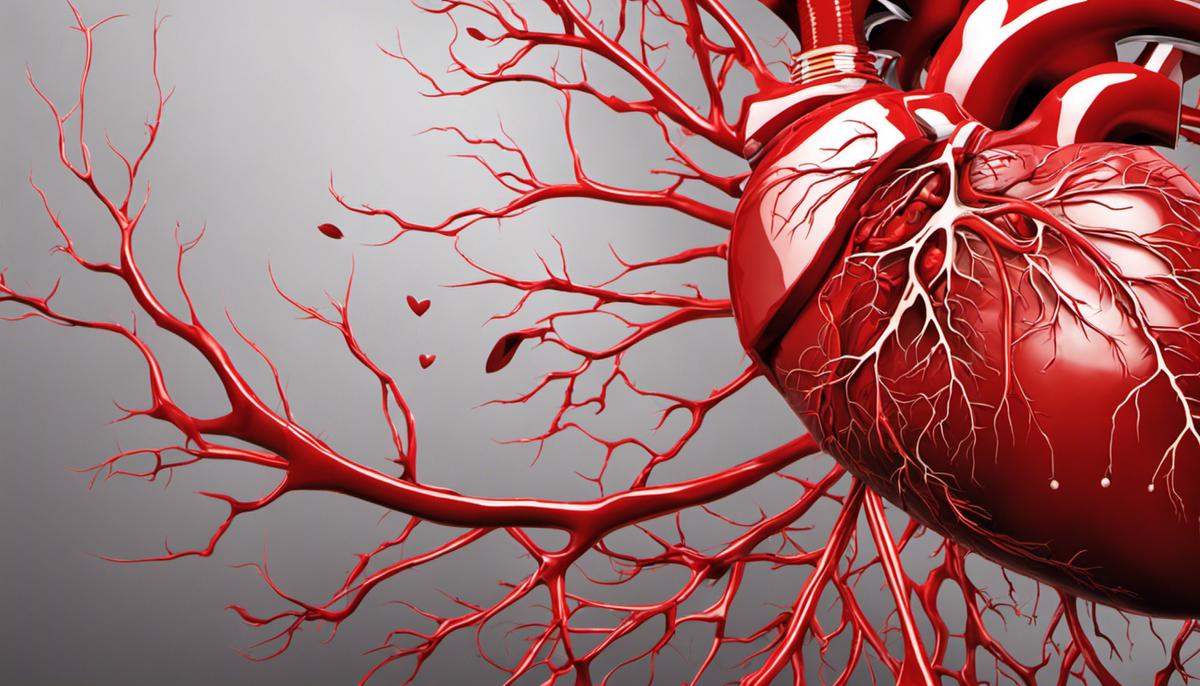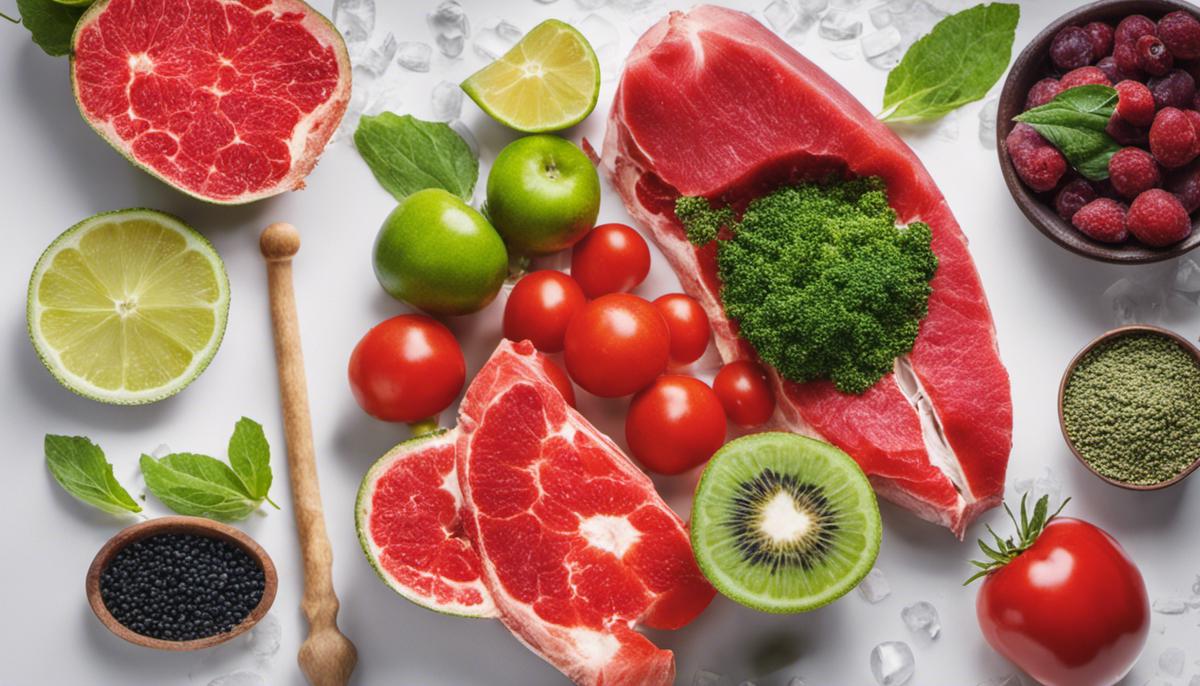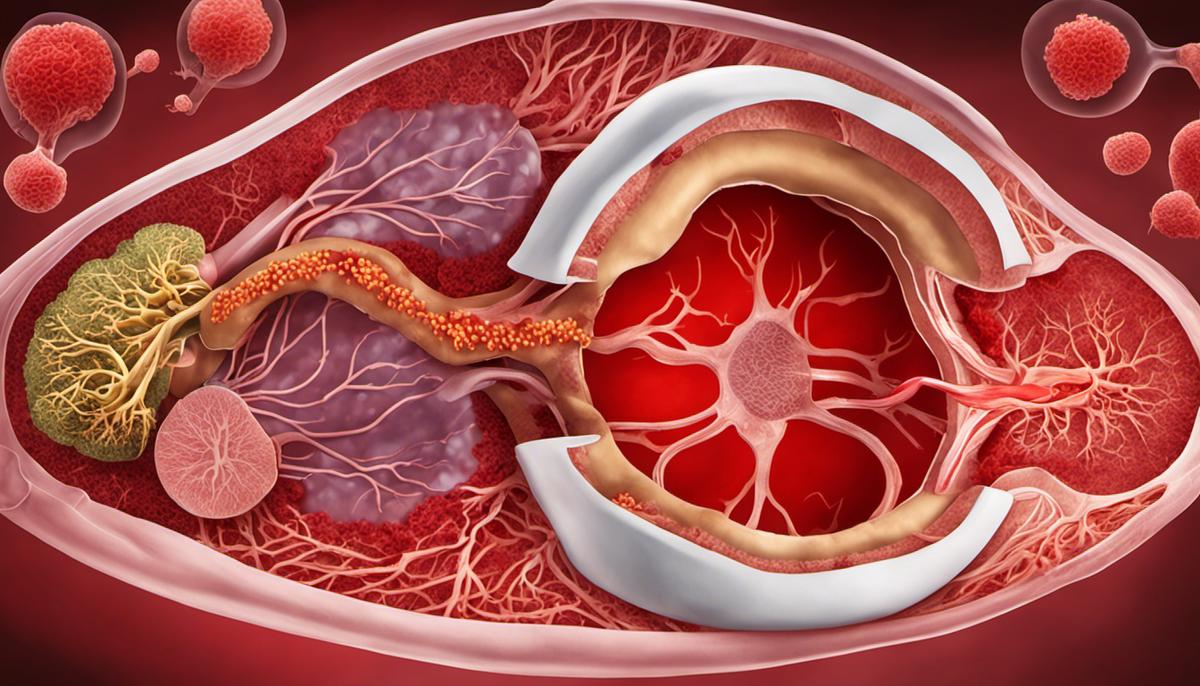Arterial health is a significant predictor of cardiovascular wellness, and its systematic negligence can lead to alarming situations like clogged arteries. Understanding the ins and outs of these situations – their causes, their effects, and their remedies – is pivotal to fostering heart health. This exploration begins with an in-depth look into the physiological process of arterial occlusion, followed by a detailed presentation of the various types of plaque build-ups and their stages. Alongside these biological events, we also embark on the journey of understanding how these occurrences impact heart health and the potential health complications they may spark, such as heart attacks and strokes. Our comprehensive investigation then ventures into the fascinating world of natural remedies and their significant role in maintaining and promoting circulatory health.
Table of Contents
Fundamental Understanding of Clogged Arteries
Arterial occlusion, stemming from either partial or complete blockage, is a significant matter in the field of cardiology, often acting as the harbinger of numerous cardiovascular conditions. At the crossroads of biology, pathology, and clinical medicine, the intricacies of clogged arteries beckon for a comprehensive understanding.
In the simplest sense, arterial occlusion refers to the blockage or narrowing of an artery due to the buildup of fatty deposits, or plaques, as a result of atherosclerosis. It may occur partially, whereby the artery is only somewhat hindered, allowing a reduced blood flow, or fully, in which case the artery is entirely blocked, preventing blood flow to the dependent tissues. The clinical implications of both are diverse, primarily dictated by the location and severity of the occlusion.
In cardiovascular lexicon, stenosis typifies partially blocked arteries, whereas occlusion describes completely blocked ones. Symptoms of these conditions may diverge greatly, from near imperceptible in early stages to acutely painful as the disease progresses. Complications birthed of these conditions encompass ischemic heart disease, angina pectoris to myocardial infarction, stroke, and peripheral artery disease, in the case of partial blockages or stenosis. Complete blockages, on the other hand, have higher stakes as they can catastrophically culminate in conditions as dire as sudden death. These vascular tribulations highlight the inextricable importance of maintaining cardiovascular health, and unceasingly propel the realms of medical research and clinical practice.

Scientific Studies on Natural Remedies for Artery Blockage
Delving into the realm of natural remedies with rigorous scientific backing, two stand-out candidates for promoting healthier arteries surface: Omega-3 fatty acids and flavonoids. When thinking about Omega-3s, fish and flaxseeds might come to mind, while flavonoids are found in abundance in berries, citrus fruits, red wine, and even dark chocolate. The scientific community’s insights about these compounds reflect a considerable interest in their potential to mitigate cardiovascular disease.
Omega-3 fatty acids, found in fish oil and other sources, have been shown to affect the cardiovascular system in several beneficial ways: these include their ability to reduce triglycerides, lower blood pressure slightly, decrease blood clotting, decrease stroke and heart failure risk, and reduce irregular heartbeats. Biochemically, they modify the fatty acid composition of cell membranes, affecting membrane fluidity and the function of membrane proteins. Omega-3 fatty acids also influence gene expression, potentially reducing instances of inflammation and oxidative stress – two underlying factors at the root of atherosclerosis development.
Flavonoids, on the other hand, have shown promise in improving arterial health by promoting vasodilation – the relaxation and widening of blood vessels, which in turn enhances blood flow. Flavonoids have been demonstrated to stimulate nitric oxide production in the body through the induction of nitric oxide synthase enzymes, a critical factor in the vasodilation process. Simultaneously, their antioxidant properties help protect against the oxidative modification of low-density lipoproteins (LDL). This process is significant, as the oxidation of LDL cholesterol contributes to the formation of atherosclerotic plaques, one of the surest routes to arterial occlusion.
In conclusion, these nutritional powerhouses—omega-3 fatty acids and flavonoids—represent promising, natural means of safeguarding arterial health. They lend more credence to the old adage, “let food be thy medicine,” a sentiment that continues to shape numerous research projects in the academic and clinical landscape of cardiology.

Case Studies and Clinical Trials on Natural Remedies for Clogged Arteries
A substantial body of empirical research now highlights the role of natural substances such as phytosterols and garlic in enhancing arterial health. Phytosterols, plant-derived compounds structurally similar to human cholesterol, have been shown to reduce serum cholesterol levels by impeding cholesterol absorption in the intestines. These compounds, abundant in foods like sesame seeds, wheat germ, almonds, and Brussel sprouts, can effectively modulate the endogenous cholesterol pool and contribute to arterial health.
Garlic, a common culinary ingredient, too, has emerged as a potent natural remedy for cardiovascular health. Various clinical trials indicate that garlic can lower blood pressure, inhibit platelet aggregation and potentially reduce atherosclerotic plaque. The active compound in garlic—allicin—exerts these effects through its reactive sulfur molecules, which perform necessary biological tasks such as dilating blood vessels, making it a promising candidate for mitigating cardiovascular complications.
Preliminary research also points towards the therapeutic potential of curcumin—a bioactive compound found in turmeric. Animal studies suggest its anti-inflammatory and antioxidative properties may inhibit the development of atherosclerosis, but more conclusive clinical data is required for us to be definitive about its effects on human arterial health.
To be clear, while these natural substances seem promising, they should not replace standard clinical treatments when managing cardiovascular risks and arterial health. Indeed, boosting arterial health involves a holistic approach — a heart-healthy diet, regular physical activity, and regular medical screenings, alongside any supplemental natural remedies. It’s a nuanced, challenging field that continues to evolve, and future avenues of study—strengthened by more empirical data, longitudinal studies, and patient trials—promise further enlightenment regarding the scale of natural remedies’ impact on artery health.

As we delve deeper into the potential benefits and effectiveness of natural substances like Omega-3 fatty acids, antioxidants, and certain vitamins and minerals in maintaining a healthy circulatory system, we come across an array of substantial information from recent and impactful clinical trials and case studies. Each of these pieces of research presents a different angle of understanding the practicality of utilizing natural remedies to improve arterial health in real-life settings. Through this meticulous examination of the subject, we are not just gaining a more informed perspective on the role of natural remedies for clogged arteries, but we’re also providing an invaluable guide for individuals who seek to improve their arterial health, and consequently, boost their overall heart health in a way that aligns with nature.

Rajan Moonbeam is a dedicated health writer with a Master of Public Health (MPH) degree. Specializing in holistic wellness and preventive care, Rajan combines scientific research with natural approaches to health, offering readers practical advice on living their healthiest life. His work is a beacon for those seeking to navigate the path to well-being with integrity and balance.

